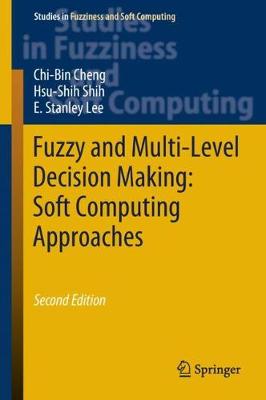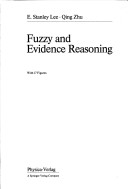Studies in Fuzziness and Soft Computing
1 primary work • 2 total works
Book 368
Fuzzy and Multi-Level Decision Making: Soft Computing Approaches
by Chi-Bin Cheng, Hsu-shih Shih, and E Stanley Lee
This book offers a comprehensive overview of cutting-edge approaches for decision-making in hierarchical organizations. It presents soft-computing-based techniques, including fuzzy sets, neural networks, genetic algorithms and particle swarm optimization, and shows how these approaches can be effectively used to deal with problems typical of this kind of organization. After introducing the main classical approaches applied to multiple-level programming, the book describes a set of soft-computing techniques, demonstrating their advantages in providing more efficient solutions to hierarchical decision-making problems compared to the classical methods. Based on the book Fuzzy and Multi-Level Decision Making (Springer, 2001) by Lee E.S and Shih, H., this second edition has been expanded to include the most recent findings and methods and a broader spectrum of soft computing approaches. All the algorithms are presented in detail, together with a wealth of practical examples and solutions to real-world problems, providing students, researchers and professionals with a timely, practice-oriented reference guide to the area of interactive fuzzy decision making, multi-level programming and hierarchical optimization.
v. 6

